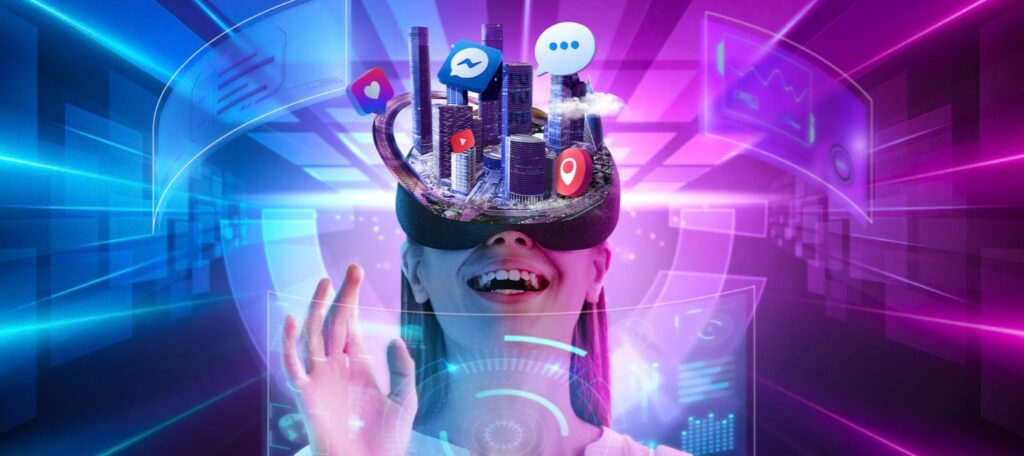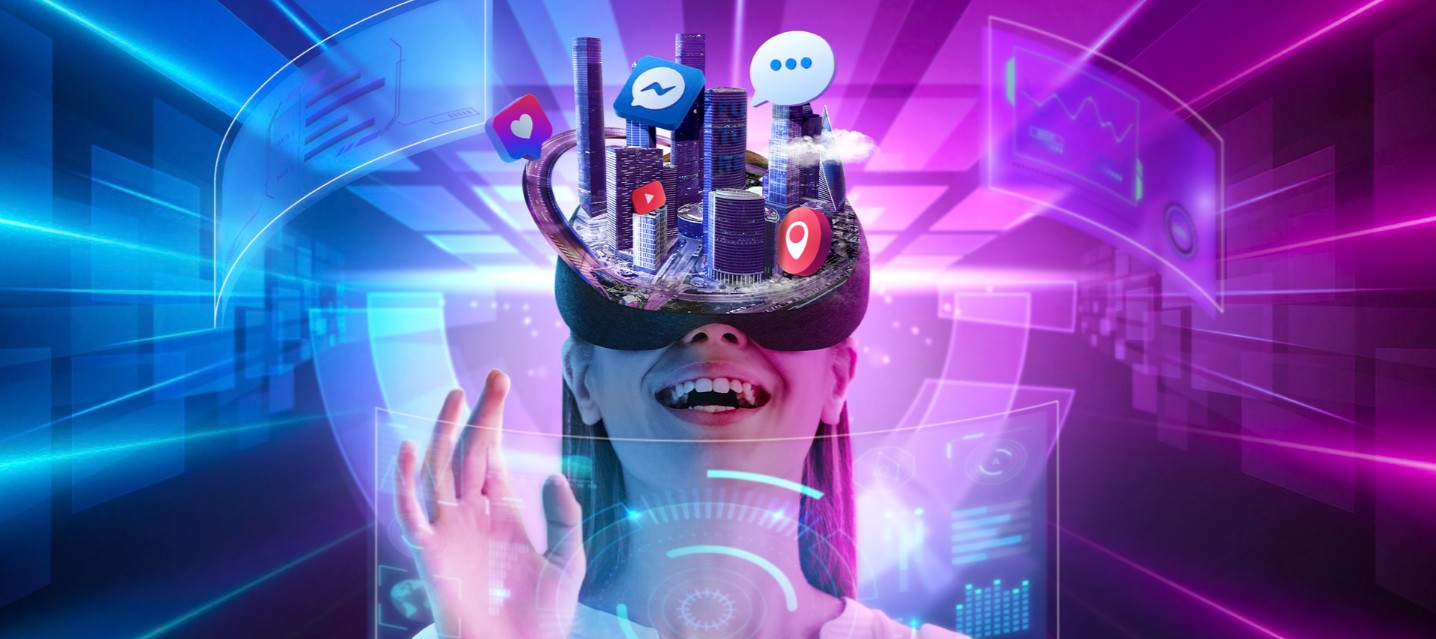The Future of Marketing Automation: How AI is Changing the Game in 2025

Marketing’s New AI Reality
In 2025, marketing automation is no longer a “nice-to-have” — it’s the backbone of digital growth. But it’s not just about scheduling emails or segmenting lists anymore. The real game-changer? Artificial Intelligence (AI).
AI is transforming the way brands connect with their audiences. It’s turning guesswork into precision, broad campaigns into personalized experiences, and manual workflows into self-optimizing systems. Businesses that embrace AI-driven MarTech today are setting themselves up to lead tomorrow.
Hyper-Personalization: Marketing That Feels Human
Consumers are tired of one-size-fits-all campaigns. They expect brands to know them, understand them, and anticipate their needs. AI makes this possible at scale.
-
Dynamic personalization: Websites, ads, and emails adapt in real time based on user behavior.
-
Recommendation engines: Think Netflix suggesting your next show or Amazon curating products just for you.
-
Customer-centric experiences: AI ensures each customer feels like they’re getting a personal concierge, not a generic newsletter.
Predictive Analytics: Seeing the Future of Customer Behavior
Traditional analytics shows you what happened. Predictive analytics, powered by AI, tells you what’s about to happen.
-
Churn prediction: Spot customers at risk of leaving before they actually do.
-
Upselling and cross-selling: Identify buyers who are most likely to upgrade or add-on.
-
Demand forecasting: Plan campaigns and inventory around predicted buying patterns.
For marketers, this means moving from reactive campaigns to proactive strategies.
Smarter Engagement: Chatbots & Content Generation
AI is also reshaping how businesses engage with customers day-to-day.
-
AI chatbots: Today’s bots go beyond FAQs. They’re conversational, context-aware, and capable of handling complex queries — often indistinguishable from a real agent.
-
Content creation: Tools like Jasper or Copy.ai assist marketers in generating blog drafts, ad copy, and even creative campaign ideas in minutes.
-
A/B testing at scale: AI automatically optimizes content variations for better results.
Instead of replacing human marketers, AI acts as a super-assistant, freeing them to focus on creativity and strategy.
Democratizing AI: Not Just for Big Brands
Five years ago, AI-powered marketing was reserved for enterprises with big budgets. Not anymore. In 2025, even small businesses can tap into AI-driven tools.
-
Affordable SaaS platforms like HubSpot, Mailchimp, and Zoho have built-in AI features.
-
Plug-and-play integrations allow businesses to enhance existing systems without massive investments.
-
Pay-as-you-go models ensure startups only pay for what they use.
AI has become accessible, scalable, and essential.

Challenges & Ethical Considerations
Of course, with great power comes great responsibility. Businesses must navigate the challenges of AI with caution:
-
Data privacy: Respecting regulations like GDPR and customer trust is non-negotiable.
-
Bias in algorithms: AI can inherit biases from its data — brands need to monitor outputs carefully.
-
Over-automation: Losing the “human touch” is a risk if automation goes unchecked.
The key is balance: AI + human creativity = marketing excellence.
Conclusion: The Road Ahead
AI in marketing automation isn’t a passing trend — it’s the foundation of future-ready strategies. From personalization and predictive insights to accessible tools for SMEs, the impact is profound.
👉 At MarTech Genie, we help businesses harness AI-powered automation to create meaningful customer connections and scale smarter. Ready to see how AI can transform your marketing? Let’s talk.